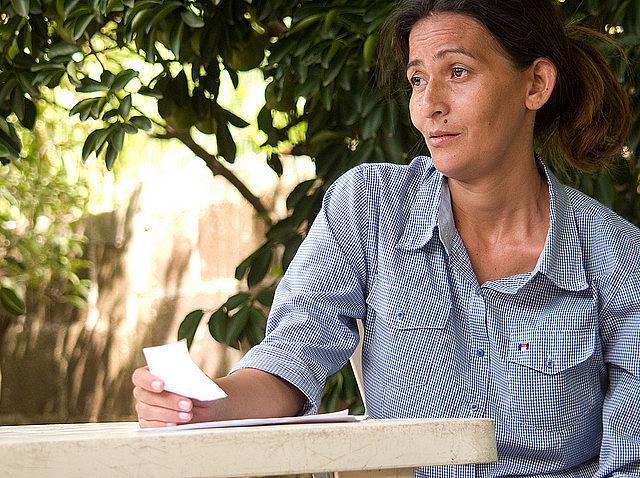Should we make better use of community health workers?

Should we be using community health workers more in the United States? Experts from the Penn Center for Community Health Workers weighed in on this question in a thoughtful commentary in last month’s New England Journal of Medicine.
Community health workers — or “community members who are trained to bridge the gap between health care providers and patients” — play an important role in improving health in the developing world, but do they have an important role in the developed world, where most patients live within reach of traditional medical services?
The article points out that although there has been a lot of rhetoric about the value of community health workers (CHW), to date, many CHW programs in the U.S. have “failed to meet expectations,” have had “mixed outcomes,” and have not been sustainable. But in response to a growing focus on population health as a result of the Affordable Care Act, health systems have a renewed interest in such workers.
At AltaMed where Dr. Hochman works, CHWs are referred to as "promotoras." Most are AltaMed patients with chronic diseases who impart their knowledge to patients struggling with such conditions, filling in the gaps left by the rest of the health care team. They do everything from explaining healthy cooking, to discussing strategies for managing stress, to helping a patient schedule an appointment with a specialist. A very similar program, the Volunteer Health Advisor Program, has provided outreach to patients at Cambridge HealthAlliance for over a decade.
In the U.S., community health worker programs, such as those at AltaMed and Cambridge Health Alliance, have mostly been small in scope, and often grant funded.
To deliver on their promise, the New England Journal authors suggest that community health worker programs will need to address five key implementation barriers:
1) They must be effectively integrated within the health care delivery system.
2) They must provide education on a broad array of health conditions.
3) They must have clear work protocols.
4) They must be given clear goals and expectations and a dependable income.
5) CHW programs must be “subjected to the same level of rigorous evaluation” as any other health care service.
Based on our personal experience, there is an opportunity to better utilize community health workers, and we agree the five steps laid out in this article are a good way to start. After all, such workers can be an incredibly valuable part of a patient’s health care team.
[Photo by Craig Cloutier via Flickr.]



